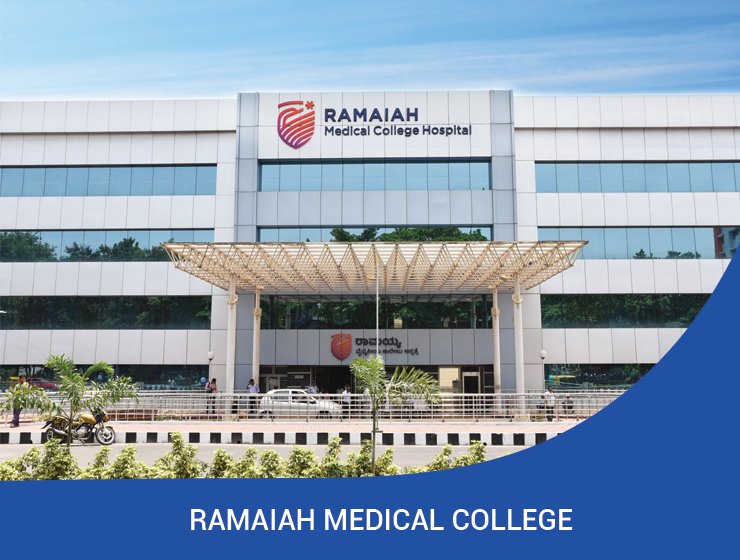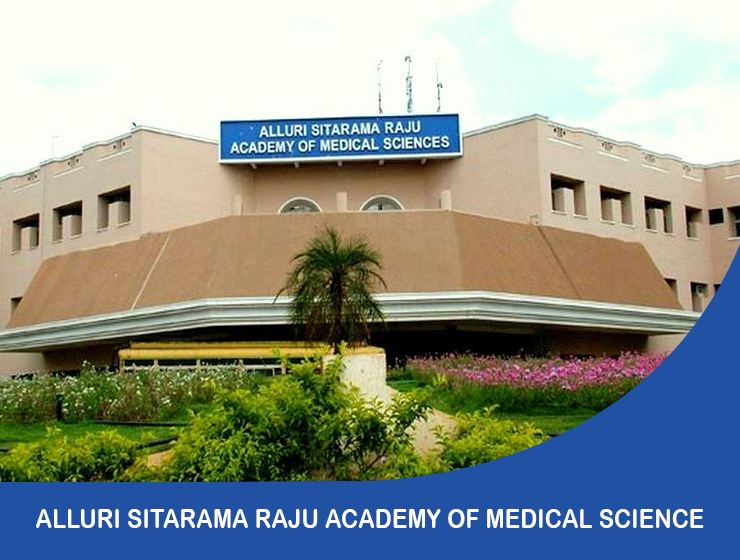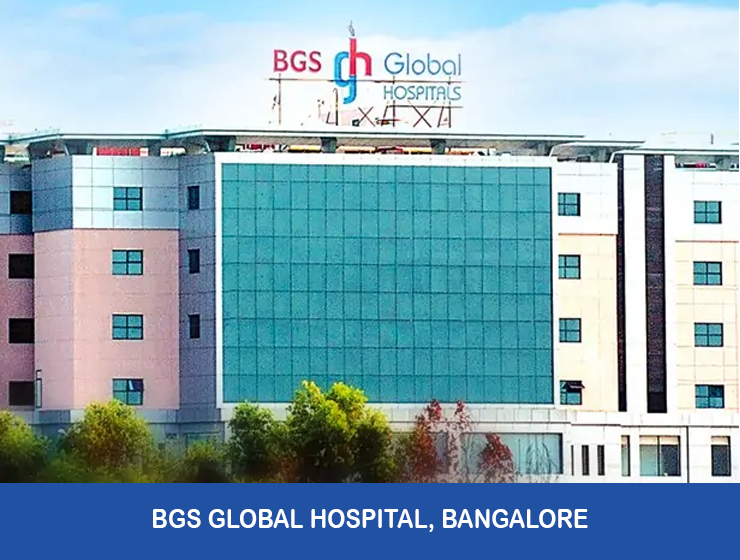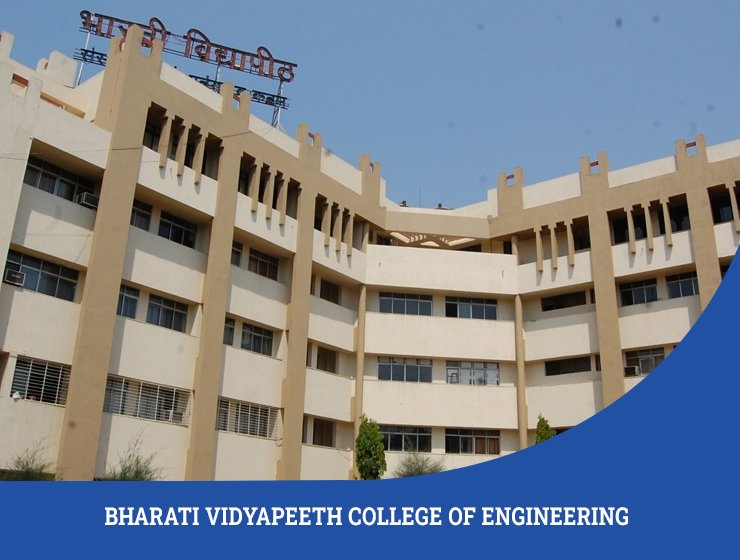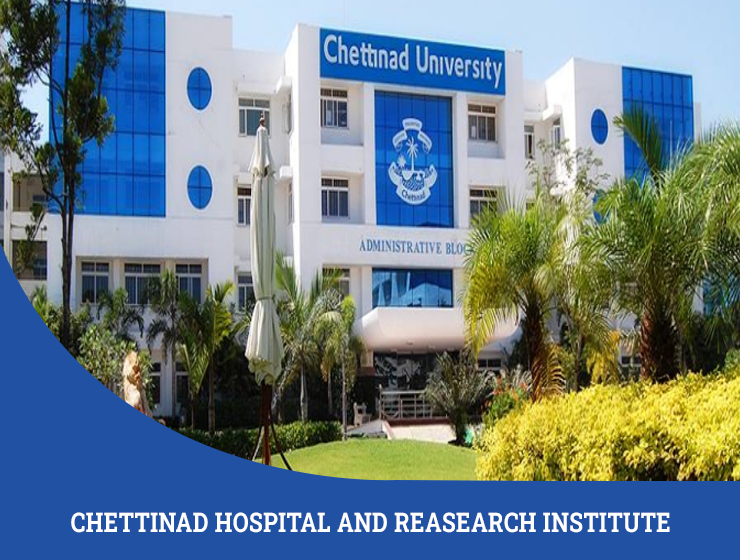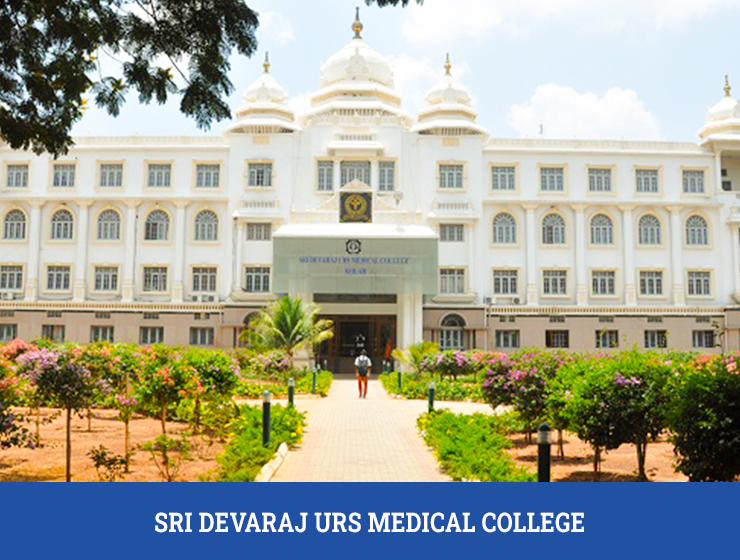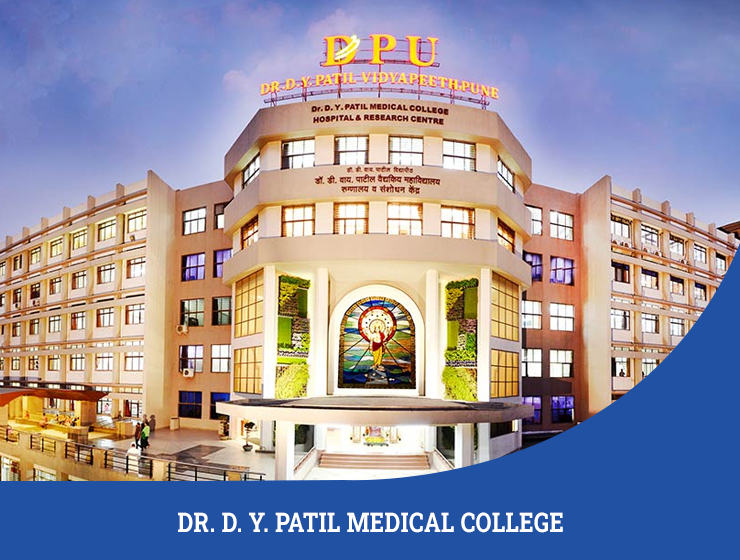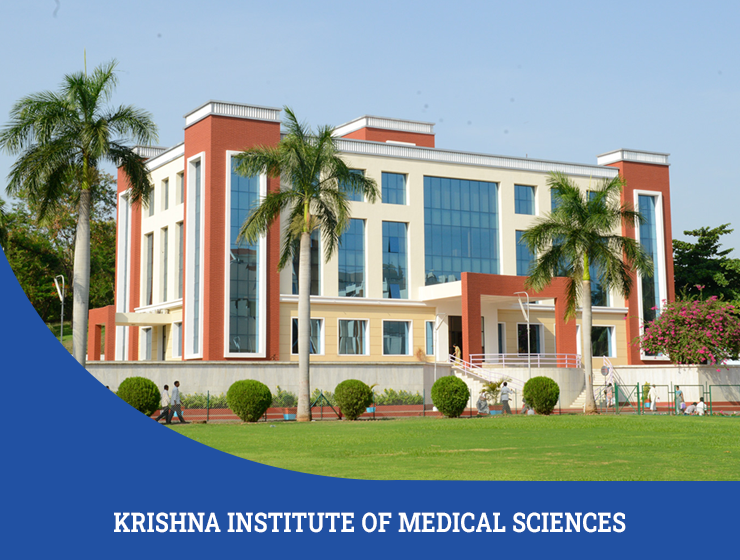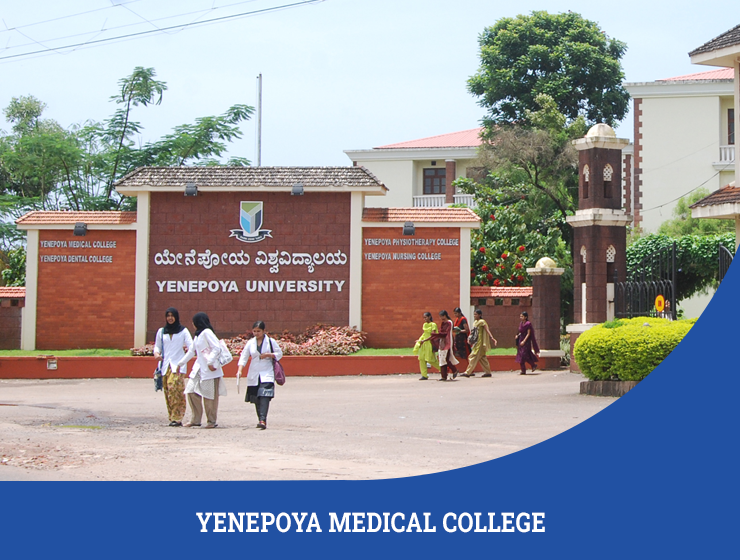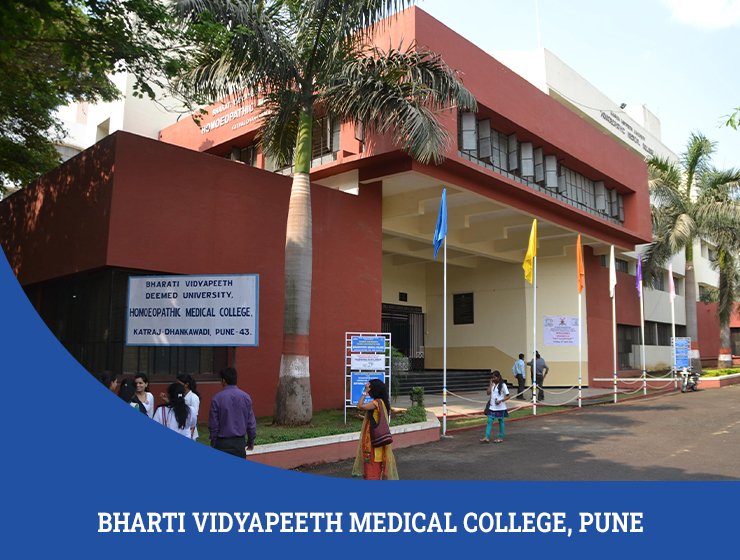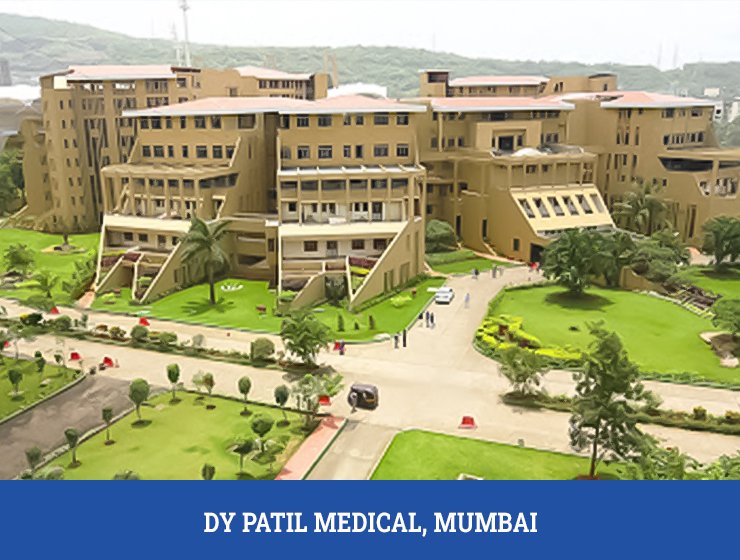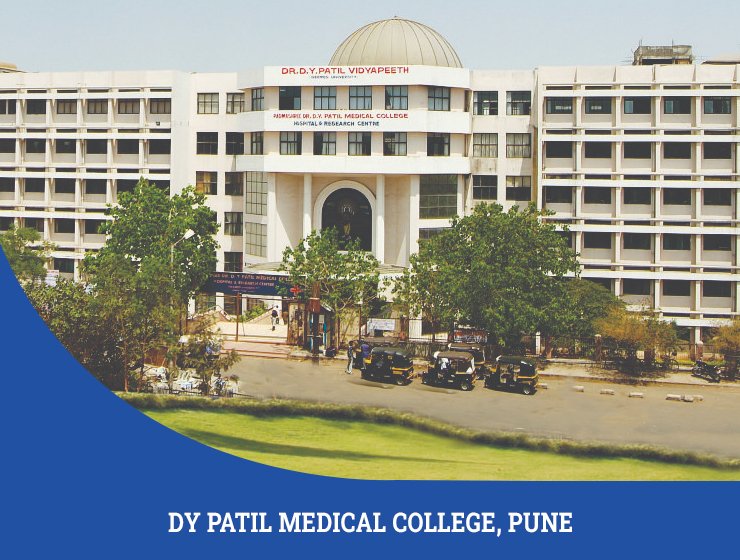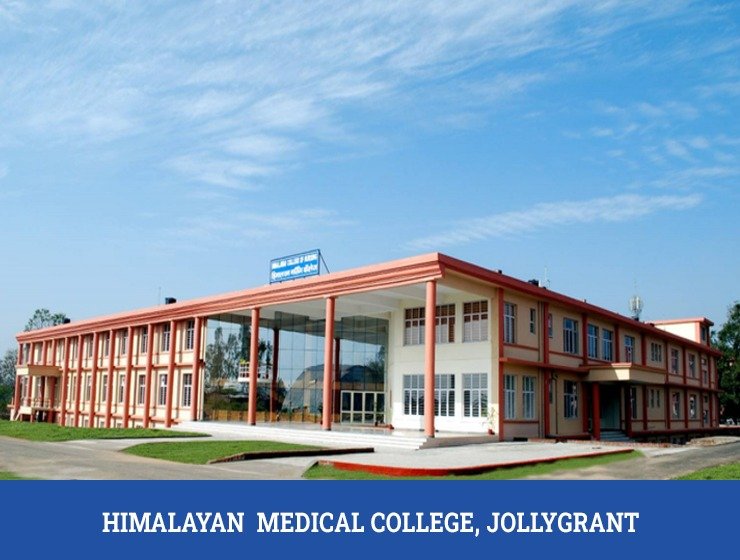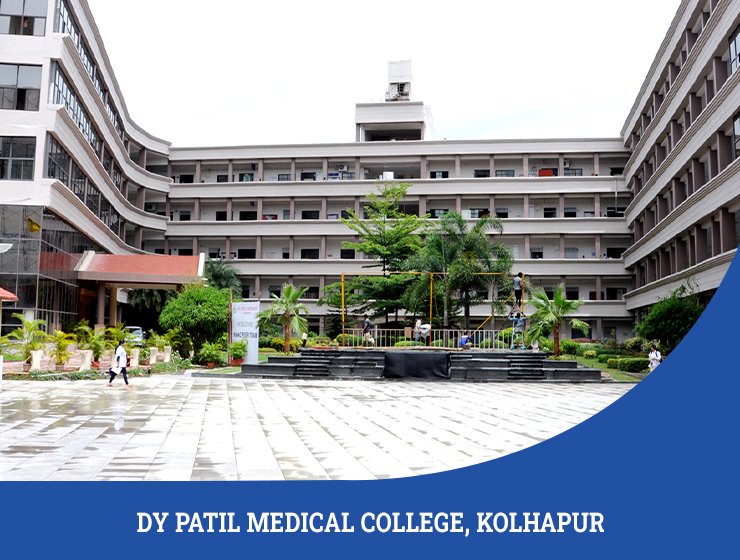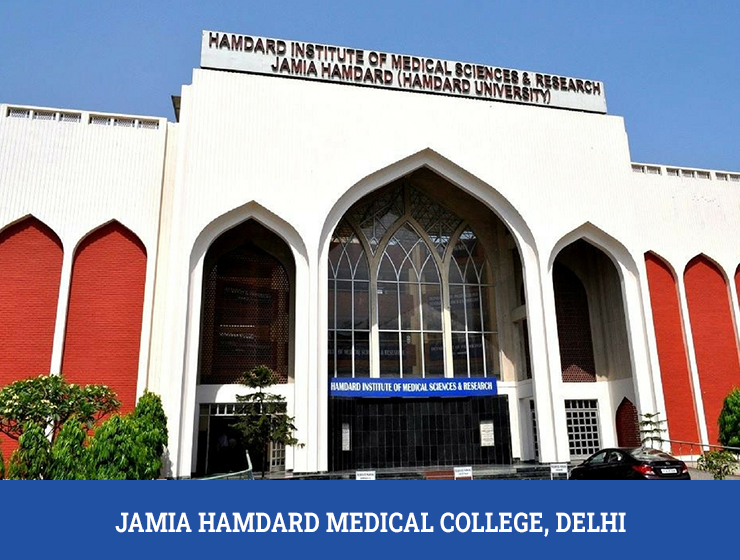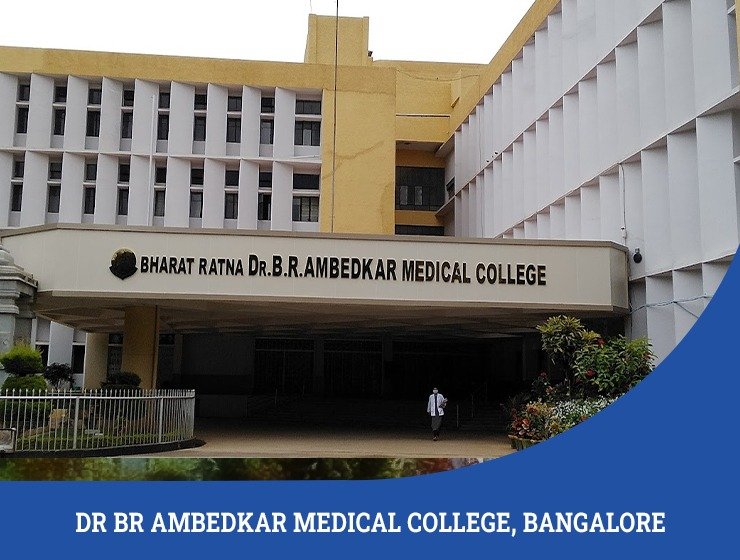MBBS Admission in India 2025 | Ultimate Guide
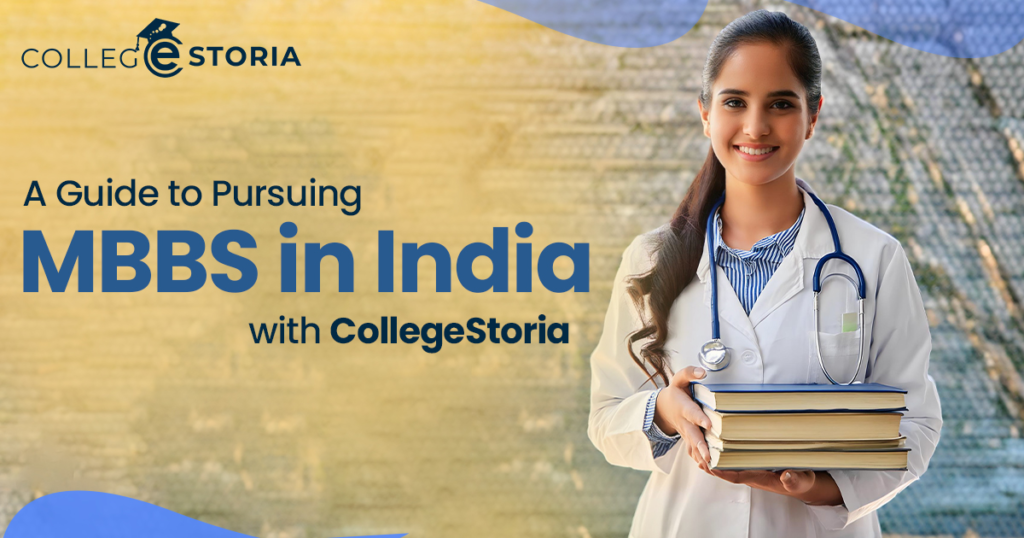
Aspiring to become a doctor? In India, pursuing an MBBS degree is the first step toward a rewarding career in medicine. The admission process, however, can feel overwhelming with its multiple steps, eligibility requirements, and competitive exams like NEET. This guide walks you through everything you need to know about MBBS admission in India, ensuring you make informed decisions at every stage.
Pursuing an MBBS in India is a dream for many students, as it opens doors to a rewarding career in healthcare. With thousands competing for limited seats, getting into a top medical college can be challenging. A clear understanding of the admission process can make a big difference, helping aspiring doctors secure their spot and take the first step toward a stable and respected profession. If you are wondering how to get MBBS admission in India, you are in the right place.
Everything You Need to Know About the MBBS Course
| Particulars | Details |
| Degree Name | MBBS |
| Course Level | Undergraduate |
| Course Type | Degree |
| Duration of MBBS Course in India | 5.5 years, including internship |
| Internship | 1- year |
| Eligibility | Completed class 12 with a minimum of 50% marks from a recognized board. |
| Minimum Age | 17 years |
| Number of Colleges | 779 |
| Number of Seats | 117950 |
Eligibility Criteria for MBBS Admission in India
Academic Requirements
- Minimum 50% in 10+2 (PCB) for general candidates; 40% for reserved categories.
- Subjects required: Physics, Chemistry, Biology/Biotechnology, and English.
Age Limit
- Minimum Age Requirement: Must be at least 17 years old by December 31 of the admission year.
- No upper age limit as per recent guidelines, allowing older aspirants to apply.
NEET Qualification Requirements
- Minimum qualifying percentile varies: 50th for general, 40th for SC/ST/OBC.
- Scores must be valid for the academic year in which admission is sought.
Understanding the eligibility for MBBS admission in India beforehand helps avoid last-minute disqualifications.
MBBS Admission Process in India - 2025: A Comprehensive Step-by-Step Guide
Pursuing a career in medicine is a dream for many students in India. The Bachelor of Medicine and Bachelor of Surgery (MBBS) is one of the most sought-after courses, providing a gateway to a rewarding career in healthcare. If you are aspiring to join an MBBS program in 2025, understanding the admission process is crucial. Here is a comprehensive, step-by-step guide to help you navigate the MBBS admission process in India.
What is NEET and Why is it Important?
The first and most important step to secure admission to an MBBS program in India is to clear the NEET examination. NEET (National Eligibility cum Entrance Test) is a mandatory, nationwide entrance test conducted by the National Testing Agency (NTA). The exam assesses candidates’ knowledge in three key subjects: Physics, Chemistry, and Biology (Botany and Zoology).
Eligibility Criteria for NEET:
- Candidates must have passed 10+2 with Physics, Chemistry, Biology, and English as compulsory subjects.
- A minimum aggregate score (typically 50% for general category and 40% for reserved categories) is required in the qualifying examination.
- Candidates must meet the age criteria, which is usually 17 years as of December 31 of the admission year.
How to Prepare for NEET?
- Follow the official NEET syllabus and study NCERT textbooks thoroughly.
- Practice previous years’ question papers and take mock tests regularly to improve your preparation.
- Stay updated with NEET exam dates, application deadlines, and other important announcements on the NTA’s official website.
What is the Counselling Process for MBBS Admission?
Once you qualify for NEET, the next step is to participate in the counselling process. There are two primary types of counselling in India:
- All India Quota (AIQ) Counselling: Conducted by the Medical Counselling Committee (MCC) for 15% of MBBS seats in government medical colleges across India.
- State Quota Counselling: Conducted by respective state authorities for 85% of seats in government colleges and for seats in private medical colleges within the state.
Steps in the Counselling Process:
- Register online for the appropriate counselling process (AIQ or state-level) through the official portals.
- Fill in your preferences for medical colleges based on your NEET rank and personal choice.
- Attend the counselling sessions where seats are allocated based on merit, category, and seat availability.
How to Choose the Right Medical College?
After successfully securing a seat through counselling, you will need to select a medical college. Know the following factors while making your decision:
- Accreditation and Recognition: Ensure the college is recognized by the National Medical Commission (NMC) and other relevant authorities.
- Faculty and Infrastructure: Evaluate the quality of education, faculty expertise, and availability of modern medical facilities.
- Hospital Affiliations: Prefer colleges affiliated with well-established hospitals offering comprehensive clinical exposure and practical training.
- Location and Fees: Consider the college’s geographic location and fee structure to make an informed choice.
What Documents are Required for MBBS Admission?
After selecting your college, you must complete the document verification process. This step ensures that all your academic and personal information is valid and meets the eligibility criteria.
Required Documents:
- NEET scorecard and admit card
- Mark sheets and certificates of Class 10 and Class 12
- Proof of identity (Aadhaar card, passport, etc.)
- Caste certificate (if applicable)
- Domicile certificate (if required by the state)
- Passport-size photographs
Ensure all documents are accurate, up-to-date, and provided in both original and photocopy formats for verification purposes.
How to Confirm MBBS Admission?
The final step is to confirm your admission by completing the necessary formalities and paying the tuition fees.
Key Actions to Confirm Admission:
- Accept the seat officially through the counselling portal.
- Submit the required admission fee within the specified timeframe.
- Obtain the admission confirmation letter from the college.
Once these steps are completed, you are officially enrolled in the MBBS program and can begin your medical education journey.
Role of NEET in MBBS Admissions
NEET serves as the single entrance test for MBBS admissions across India, ensuring transparency and merit-based selection. It is a highly competitive exam, with lakhs of students appearing each year for limited seats. The syllabus is derived from the NCERT curriculum, focusing on core subjects like biology, chemistry, and physics.
Direct Admission Options Like Management Quota & NRI Quota
For students aspiring to pursue MBBS admission in India, there are alternative pathways available for those who may not meet the standard merit-based cutoff criteria. Two prominent options include the Management Quota and the NRI Quota, which offer eligible candidates the opportunity to secure a seat in reputed medical colleges.
Management Quota for MBBS Admission in India
The Management Quota is a provision that allows students to gain admission to medical colleges even if they do not meet the official cutoff marks. This quota typically requires candidates to pay a higher tuition fee compared to the general merit-based admissions. It is a suitable option for those who have not scored high enough in entrance exams but are willing to invest in their medical education. Many private medical colleges across India offer MBBS admission through Management Quota, providing an alternative route for aspiring doctors.
NRI Quota for MBBS Admission in India
The NRI Quota is specifically reserved for Non-Resident Indian (NRI) students or those sponsored by NRIs. This quota has slightly different eligibility criteria compared to the general admission process. Under the MBBS admission for NRI Quota, candidates often need to present proof of their NRI status or sponsorship. This category also involves a higher fee structure but provides a viable avenue for students with international ties to secure admission in prestigious medical institutions.
Top Medical Colleges for MBBS Admission in India
Previous Year Cutoffs
- General category: 720-138
- SC/ST/OBC: 137-108
Expected Cutoff Trends
Cutoffs have been rising due to increased competition and improved exam preparation resources.
Strategies for Low Scores
- Apply for private colleges.
- Explore NRI quota seats.
- Consider studying MBBS abroad in countries like Russia, Ukraine, or the Philippines.
The NEET cutoff for MBBS admission in India varies each year, so staying updated is essential.
State-wise MBBS Admission Process
Every state conducts its own counselling for 85% of its seats, with the remaining 15% allotted through all-India counselling. States like Maharashtra, Karnataka, and Tamil Nadu have distinct rules and fee structures for domicile and non-domicile students. Understanding the state-wise MBBS admission process is crucial for local candidates.
MBBS Admission Counselling in India
- All-India Counselling: Conducted by MCC for central institutes like AIIMS and JIPMER.
2. State Counselling: Organized by respective state authorities, considering domicile status and state-specific reservations.
MBBS admission counselling in India involves multiple rounds, so keeping track of deadlines is essential.
How to Apply for MBBS Admission in India?
- Register Online: Visit the official NEET counselling website.
- Complete the Application Form: Enter your personal, academic, and contact details.
- Upload Documents: Submit scanned copies of required documents.
- Pay Application Fee: Make payment online.
- Participate in Counselling: Attend counselling sessions as scheduled.
Applying for MBBS admission in India requires attention to detail, especially during document submission.
Conclusion
Pursuing MBBS in India is a challenging yet rewarding journey. Staying informed, preparing well for NEET, and following the admission guidelines meticulously can help you secure a seat in a reputed medical college. The medical field offers not only job security but also an opportunity to make a meaningful impact on society.
Useful Resources for MBBS Admission in India
Key Tips to Know Before MBBS Admission: Watch Now!
FAQ - MBBS Admission 2024
To apply for MBBS admission in India in 2025, candidates must register on the official website of the Medical Counselling Committee (MCC) or respective state authorities. The application process includes filling out an online form, uploading documents, and participating in the counselling process.
The MBBS counselling process is conducted through NEET-UG scores and involves several rounds, including:
- All India Quota (AIQ) Counselling by MCC for 15% of government medical seats.
- State Quota Counselling for 85% of government medical seats, managed by state authorities.
- Private Medical College Counselling based on NEET scores, conducted by individual states.
- Management and NRI Quota Counselling for private and deemed universities.
MBBS admission fees in India vary based on the type of institution:
- Government Colleges: ₹10,000 to ₹1,00,000 per year.
- Private Colleges: ₹5,00,000 to ₹25,00,000 per year.
- Deemed Universities: ₹15,00,000 to ₹30,00,000 per year.
- Management/NRI Quota: Fees can go up to ₹50,00,000 per year.
No, MBBS admission in India mandates NEET qualification as per NMC guidelines. However, students who do not qualify for NEET can explore MBBS abroad options where NEET might not be required for admission but is needed for practicing in India.
MBBS in India can be relatively expensive, the cost varies among institutions, with private
medical colleges generally having higher fees than government colleges. Additionally, factors
like hostel fees, living expenses, and study materials contribute to the overall cost. Students
often explore scholarship options or government-sponsored programs to alleviate the financial
burden associated with pursuing a medical degree.
The management quota allows direct admission to MBBS seats in private medical colleges without centralized counselling, but NEET qualification is still mandatory. The fees under this quota are significantly higher than regular seats.
In India, MBBS admission without NEET is not possible. However, students who cannot clear NEET can opt for alternative medical courses like BAMS, BHMS, BDS, or MBBS in foreign countries where NEET is not mandatory for admission.
For detailed guidance on MBBS admission in India, you can consult College Storia Team or visit official counselling portal.
Business Hours
- Monday — Friday 9am – 5pm
- Saturday — 10am – 3pm
- Sunday — Closed


